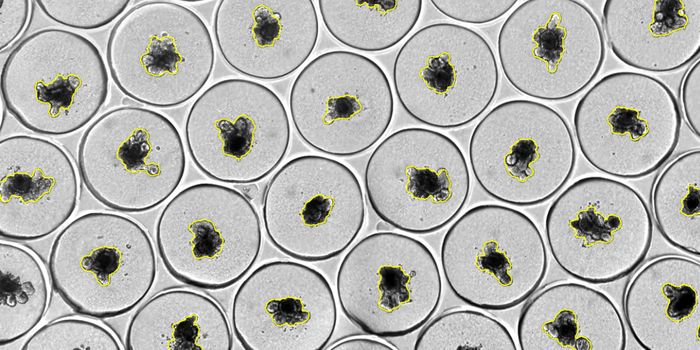This drug hopes to prevent cancer relapse
A report published in Nature Communications highlights findings from a study showing that the experimental drug, Quisinostat, could help stop cancer relapses. Conducted by researchers at Francis Crick Institute, the study demonstrated that Quisinostat stopped the re-growth of tumors after treatment in mice. It also served detain the growth of human cancer cells in culture.
Recurrence, or relapse, is a scary prospect for any cancer patient. While an individual who has completed a cancer therapy treatment could be in remission, a recurrence could be possible because of surviving cancer cells that grow into new tumors.
Lead author Cristina Morales Torres is the Principal Laboratory Research Scientist in the Cancer Epigenetics Laboratory at the Crick. She and her team think that Quisinostat has a wide therapeutic benefit because its effect doesn’t depend on how cancer cells survived initial treatment and it doesn’t harm healthy cells.
She commented, "This drug works by disabling the cells that fuel long-term cancer growth and drive disease relapse. These early findings even suggest it may be more effective than commonly used drugs that inhibit tumor growth. Further research is still needed to confirm whether this drug could prevent cancer coming back in people or if it could be used to control someone's disease long term."
More specifically, the drug increases the amount of a protein called histone H1.0 within the tumor cells, which stops the cancer cells from replicating. The researchers showed that this was effective not only in tumors in mice but also in human cells with breast, lung or pancreatic cancer.
Co-author Paola Scaffidi, Group Leader of the Cancer Epigenetics Laboratory at the Crick and Professorial Research Associate at the UCL Cancer Institute, says: "Just like stem cells that continuously produce progeny to keep our normal tissues healthy, cancer cells grow, divide and use energy. That's why finding a potential drug that halts tumor growth without hurting normal cells has been a challenge. Excitingly, with Quisinostat, we've seen no harm to healthy stem cells in our initial studies."
The researchers believe that Quisinostat is a viable option that could be given to cancer patients after having completed initial treatment. As they write, they hope that “sequential administration of targeted therapy and Quisinostat may be a broadly applicable strategy to induce a prolonged response in patients.”
Sources: Nature Communications, Eureka Alert









